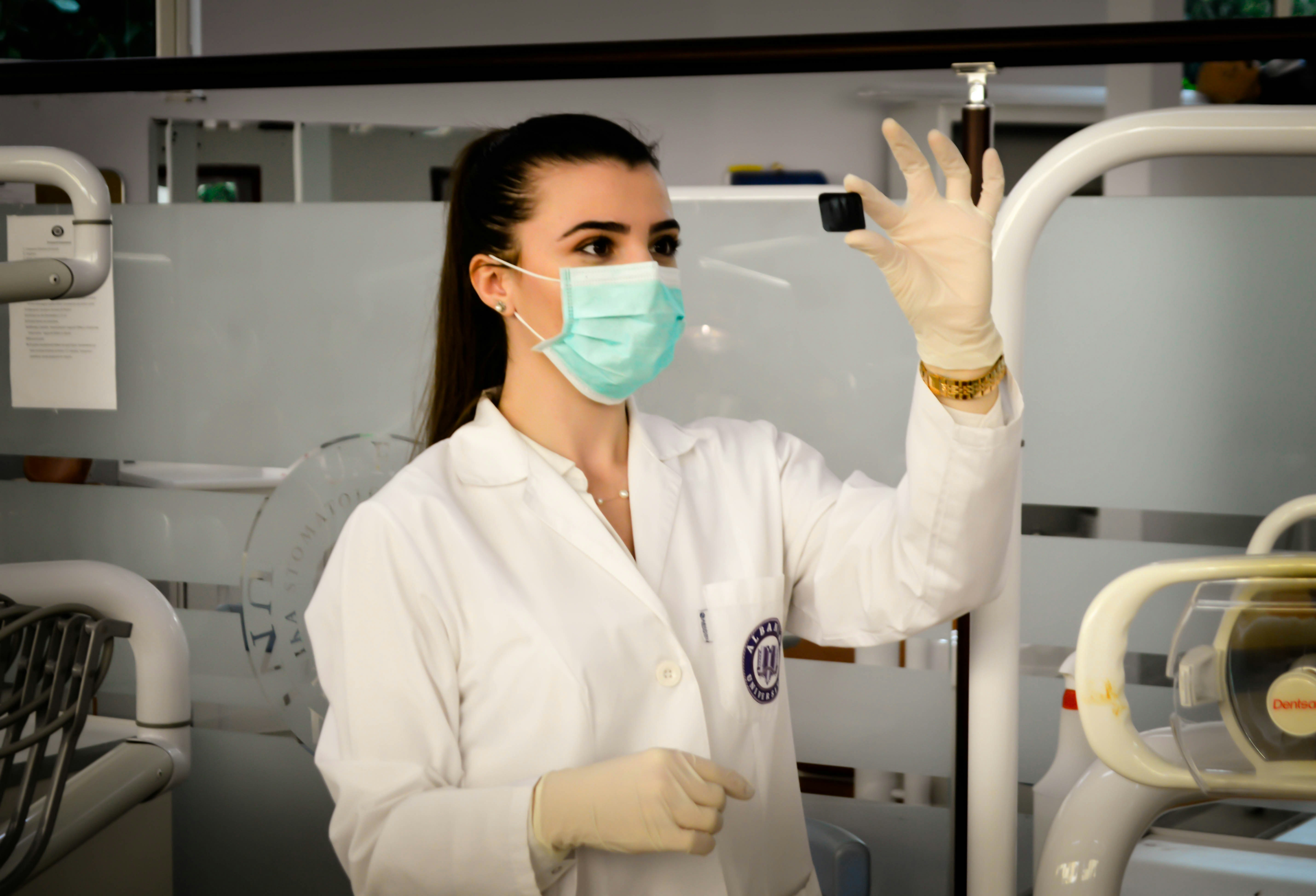Discover the 5 unique health benefits of honey that go beyond its traditional use as a sweetener. From boosting the immune system to enhancing skin health, honey offers impressive properties for overall well-being.
In the realm of natural health remedies, one shining star has stood the test of time: honey. This golden nectar has long been revered for its sweet taste and medicinal properties. In this article, you will uncover five unique health benefits of honey that go beyond its traditional use as a sweetener. From soothing sore throats to boosting immune function, honey’s impressive array of properties make it a must-have addition to any health-conscious individual’s pantry. Prepare to be pleasantly surprised by the extraordinary benefits that this simple yet powerful natural ingredient can offer.

Discover the 5 Unique Health Benefits of Honey
Honey, a natural sweetener produced by bees, has been used for centuries as a remedy for various health issues. Not only is it delicious, but honey also offers some impressive health benefits that you may not be aware of. In this article, we will explore the five unique health benefits of honey and how incorporating it into your diet can improve your overall well-being.
Boosts the immune system
One of the most significant health benefits of honey is its ability to boost the immune system. Honey contains antioxidants and antibacterial properties that help to fight off harmful pathogens and boost the body’s natural defense mechanisms. Consuming honey can help prevent common ailments such as colds and flu, as well as more serious infections.
Subheading 1.1: Strengthens the immune system
The antioxidants present in honey help to strengthen the immune system by neutralizing harmful free radicals in the body. Free radicals are unstable molecules that can cause damage to cells and tissues, leading to various diseases. By consuming honey regularly, you can provide your body with the necessary antioxidants to combat free radicals and strengthen your immune system.
Subheading 1.2: Fights against bacteria and viruses
Honey also possesses antibacterial and antiviral properties, making it an effective natural remedy against bacterial and viral infections. Studies have shown that honey can inhibit the growth of bacteria, including those that cause respiratory infections, urinary tract infections, and even dental cavities. The antiviral properties of honey have been found to be effective against the influenza virus and herpes simplex virus.
Subheading 1.3: Soothes coughs and sore throats
In addition to its immune-boosting properties, honey is also known for its ability to soothe coughs and sore throats. Its thick and sticky consistency provides a protective coating to the throat, reducing irritation and suppressing coughing. Adding honey to warm tea or mixing it with lemon can provide immediate relief for a sore throat and promote faster recovery from a cough.
Provides energy and improves athletic performance
Honey is a rich source of carbohydrates, making it an excellent natural energy booster. The natural sugars found in honey, such as fructose and glucose, are easily absorbed by the body and provide a quick and sustained energy release. Athletes often consume honey as a natural alternative to energy gels or sports drinks to improve their performance during workouts and competitions.
Subheading 2.1: Sustained energy release
Unlike refined sugars, which can cause a spike in blood sugar levels followed by a crash, the natural sugars in honey provide a steady release of energy. This sustained energy release makes honey an ideal fuel for endurance activities such as long-distance running or cycling. Consuming honey before a workout or during prolonged physical activity can help maintain energy levels and delay the onset of fatigue.
Subheading 2.2: Enhances athletic performance
Research has shown that honey can have positive effects on athletic performance. In a study conducted on cyclists, it was found that consuming honey before and during exercise improved endurance, reduced muscle fatigue, and enhanced overall performance. The carbohydrates in honey provide the necessary fuel for muscles, allowing athletes to push harder and perform better.
Subheading 2.3: Quicker post-workout recovery
Honey’s natural anti-inflammatory properties can aid in post-workout recovery by reducing muscle inflammation and promoting faster healing. The amino acids and minerals present in honey help repair damaged muscle tissues and replenish glycogen stores, leading to quicker recovery and reduced muscle soreness.
Promotes digestive health
Honey has long been used as a natural remedy for digestive issues. Its antibacterial properties help to prevent the growth of harmful bacteria in the gut, while its soothing properties can alleviate symptoms of indigestion and promote a healthy digestive system.
Subheading 3.1: Relieves constipation
Honey acts as a natural laxative, promoting regular bowel movements and relieving constipation. Its gentle and natural properties help to soften the stool, making it easier to pass. Consuming a teaspoon of honey with warm water can provide relief from constipation and improve overall digestive health.
Subheading 3.2: Soothes indigestion and acid reflux
The soothing properties of honey can help alleviate symptoms of indigestion and acid reflux. Honey forms a protective layer in the stomach, reducing the production of excess stomach acid and preventing irritation. Consuming honey before meals or adding it to herbal tea can provide relief from indigestion and promote a healthy digestive system.
Subheading 3.3: Supports the growth of beneficial gut bacteria
Honey contains prebiotics, which act as food for beneficial gut bacteria. These prebiotics help to maintain a healthy balance of gut flora and support the growth of beneficial bacteria such as Bifidobacteria and Lactobacilli. A healthy gut microbiome is essential for proper digestion and absorption of nutrients.

Relieves allergies and promotes better sleep
Contrary to popular belief, consuming honey can actually help alleviate the symptoms of seasonal allergies. Honey contains traces of pollen, which can help desensitize the body to allergens and reduce allergic reactions. Additionally, honey’s natural composition promotes better sleep, making it an excellent remedy for insomnia.
Subheading 4.1: Alleviates seasonal allergies
The traces of pollen found in honey can act as a natural vaccine against seasonal allergies. By consuming locally sourced honey that contains small amounts of local pollen, you can gradually build up immunity and reduce the severity of allergic reactions. Regular consumption of honey can provide relief from hay fever symptoms such as sneezing, runny nose, and itchy eyes.
Subheading 4.2: Aids in a restful sleep
Honey promotes better sleep due to its composition of natural sugars and amino acids. The natural sugars in honey help to regulate the levels of serotonin and melatonin, hormones that play a crucial role in sleep-wake cycles. Consuming a small amount of honey before bed can enhance sleep quality and promote a restful night’s sleep.
Subheading 4.3: Relieves insomnia and promotes relaxation
Honey’s soothing properties can help relieve symptoms of insomnia and promote relaxation. Its natural sugars provide a gentle and calming effect, reducing anxiety and promoting a sense of tranquility. Mixing honey with warm milk or herbal tea can enhance its relaxation benefits and aid in achieving a peaceful night’s sleep.
Enhances skin health and wound healing
Honey is not only beneficial when consumed, but it also offers remarkable benefits for skin health and wound healing when applied topically. Due to its antimicrobial and anti-inflammatory properties, honey can be used to treat various skin conditions and promote faster healing of wounds.
Subheading 5.1: Treats acne and skin infections
Honey’s antimicrobial properties help to combat acne-causing bacteria and reduce inflammation. Applying honey topically to acne-prone areas can help clear up breakouts, reduce redness, and soothe irritated skin. Additionally, honey can be used to treat other skin infections such as eczema, dermatitis, and fungal infections due to its antibacterial and antifungal properties.
Subheading 5.2: Moisturizes and nourishes the skin
Honey is a natural humectant, meaning it helps to retain moisture and prevent dryness. When applied to the skin, honey forms a barrier that locks in moisture, keeping the skin hydrated and supple. It also contains antioxidants that help to repair and protect the skin from oxidative damage, resulting in a healthier and more youthful complexion.
Subheading 5.3: Speeds up wound healing
The antimicrobial properties of honey make it an effective remedy for wound healing. Applying honey to minor cuts, burns, and ulcers promotes faster healing by preventing infections and reducing inflammation. Honey’s natural enzymes also help to remove dead tissue and promote the growth of new skin cells, leading to quicker and more efficient wound healing.

Conclusion
In conclusion, honey offers an array of unique health benefits that make it a valuable addition to your diet and skincare routine. From boosting the immune system to improving athletic performance, promoting digestive health, relieving allergies, and enhancing skin health, honey has a multitude of positive effects on overall well-being. Consider incorporating honey into your daily routine to take advantage of its remarkable health benefits and experience improved health and vitality.


